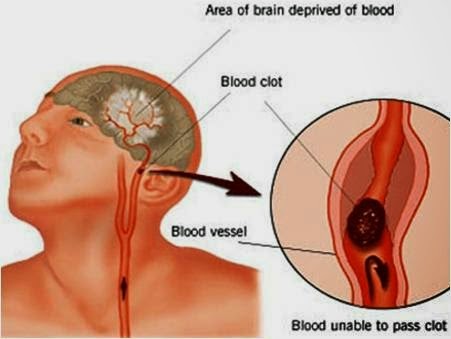Nursing Care Plan for Rheumatic Fever in Children
Nursing Care Assessment Based on the information Nelson (2000), the data could focus on assessment of nursing care, among others: 1. Focus data : Increased body temperature usually occur in the afternoon. A history of respiratory tract infection. Decreased blood pressure, increased pulse rate, respiration increases. Non-productive cough. Epistaxis. Abdominal pain. Arthralgia. Loss of appetite. Losing weight. 2. Specific manifestations: Carditis: tachycardia cardiomegaly voice murmurs changes in heart sound ECG changes (PR lengthwise) precordial pain pericardial friction rub Polyarthritis joint swelling, heat, redness, tenderness. spread on the knee joint, elbow, shoulder, arm. Subcutaneous nodules: swelling of the skin, soft palpable. coming shortly, in general readily absorbed. found on the extensor surfaces of the joints Chorea: irregular movements of the extremities, involuntary. involuntary facial expressions speech disorders emotional lability muscle weakness muscle tension when a...
.jpg)


.jpg)